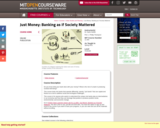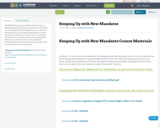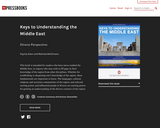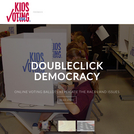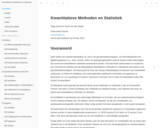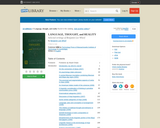Short Description:
Every couple of years, an inspired group of people, led by the editors of AwaaZ Magazine (www.awazmagazine.com), organise a festival in Nairobi, Kenya, that goes by the name ‘SAMOSA’—South Asian Mosaic of Society and the Arts— bringing together different communities through art, music, dance, film and discussions. In 2016, during the 7th biennial event, included was a colloquium organised in collaboration with the Department of Literature of the University of Nairobi. This unique collection of essays considers the issues of citizenship, identity and belonging in Kenya through an examination of literature, film, music, and theatre, providing reflections on women, statelessness and refugees.
Long Description:
Every couple of years, an inspired group of people, led by the editors of AwaaZ Magazine (www.awazmagazine.com), organise a festival in Nairobi, Kenya, that goes by the name ‘SAMOSA’—South Asian Mosaic of Society and the Arts— bringing together different communities through art, music, dance, film and discussions. In 2016, during the 7th biennial event, included was a colloquium organised in collaboration with the Department of Literature of the University of Nairobi. This unique collection of essays considers the issues of citizenship, identity and belonging in Kenya through an examination of literature, film, music, and theatre, providing reflections on women, statelessness and refugees.
A pleasant quick read on a complex subject of citizenship, identity and belonging. Ignites an interest in these issues as expounded in the arts and film. —Dr George Gona, Senior Lecturer, Department of History and Archaeology, University of Nairobi.
This excellent compilation of papers by leading Kenyan academics, writers, public intellectuals and practitioners of various forms of art focuses on issues of citizenship, identity and belonging in literature, film, music and theatre. They cover a vast range of subjects that tell the story of Kenya’s past and present.
Ramnik Shah- ex-Kenyan lawyer who writes on migration and diaspora related subjects.
Word Count: 20200
(Note: This resource's metadata has been created automatically as part of a bulk import process by reformatting and/or combining the information that the author initially provided. As a result, there may be errors in formatting.)



